Estimated reading time: 9 minutes
Do you know that sometimes permits and licenses are required when importing from Asia? If you are preparing to import and fail to have these documents in order, customs could detain your products. This will significantly impact your business!
Import permits and licenses are permissions that allow businesses or individuals to transport products into a country. These documents may be necessary for different types of products.
In this article, we will discuss the permits and licenses you need for your business in Asia. This will help you understand the details about permits and licenses when importing from Asia.
Table of Contents
ToggleWhat are import permits and licenses?
When you import products from Asia to your country, you might be asked: Do you have an import license?
This is because many government agencies have special trade restrictions on certain products. Importers need to comply with numerous regulations and requirements to ensure smooth importation of these products.
In short, not all goods require an import permit or license. Import permits and licenses are official documents required by government agencies for the importation of certain goods, to ensure that the imported goods comply with the country’s laws and other requirements.
Import permits and licenses ensure that goods meet specific standards of safety, quality, and legality. For example, food items must meet health and safety regulations, while electronic products may need to meet technical standards. The requirements for these permits and licenses vary by country and specific type of goods. Some permits may involve detailed inspections or certifications.
Why Are Permits and Licenses Important When Importing from Asia?
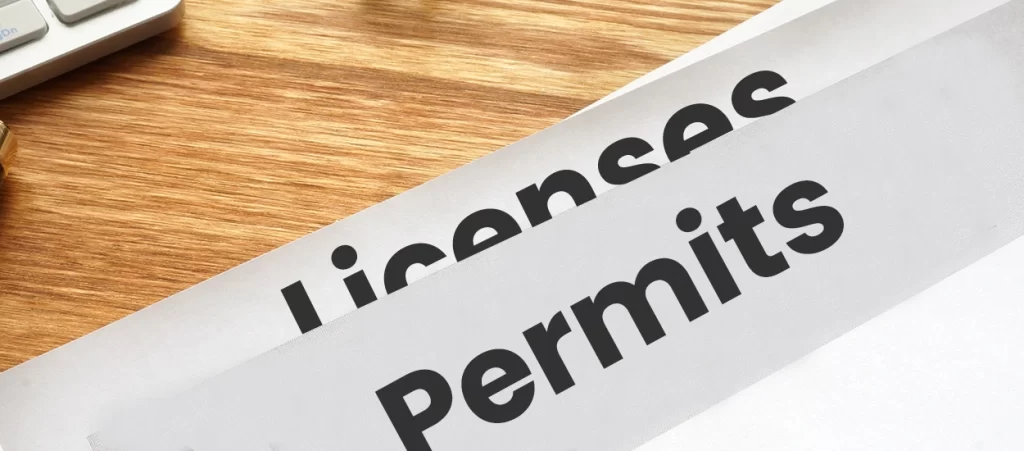
Firstly, you should know that for certain special goods, if you do not have permits and licenses, customs may refuse entry of your products. This is because they cannot ensure that your products comply with local laws and standards.
In some countries, it might be possible to obtain these permits and licenses retrospectively. However, be aware that this could lead to delays in your shipment and potentially incur additional costs.
Permits and licenses are extremely important for businesses importing from Asia. They ensure that imported goods comply with the importing country’s regulatory laws for specific products, including safety standards, environmental regulations, and quality requirements.
Permits and licenses are also vital for the correct calculation of taxes and duties. They help prevent illegal trade practices, such as smuggling or dumping.
Many Asian countries have their unique manufacturing standards. Import permits and licenses ensure that products meet the quality and performance standards of the importing country. After all, the standards for some products in Asia and other regions are not always the same.
Note: What happens if you don’t have an import license?
The primary danger you encounter is the inability of your products to clear customs, effectively preventing them from entering the country. Consequently, not securing the required license or permit could lead to a complete loss.
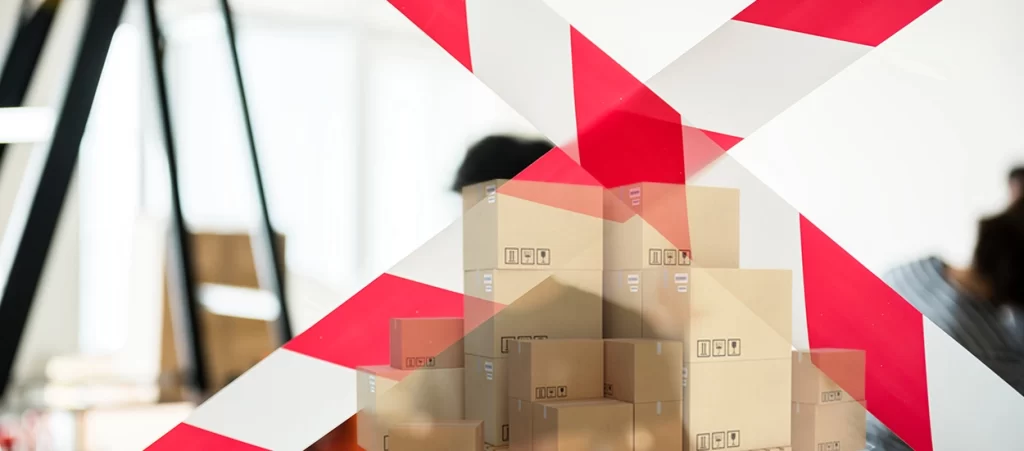
In severe cases, especially if the import violation involves restricted or prohibited goods, legal action may be taken against you or your business. This can include criminal charges.
Non-compliance with import regulations can damage the reputation of your business, impacting your relationships with suppliers, customers, and regulatory bodies.
What Types of Permits and Licenses Are Necessary?
The types of permits and licenses necessary for importing vary based on the nature of the goods, the country of origin, and the destination country. Here are some common types of permits and licenses that might be required:
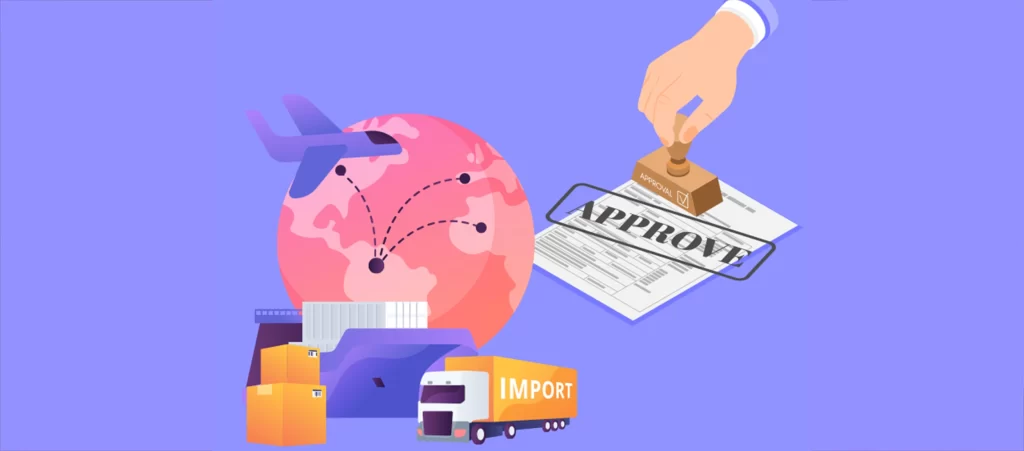
- General Import License: Some countries require a general import license for all import activities. This license serves as a basic permission to import goods.
- Customs Bond: In the United States, for example, a customs bond is often required. It acts as an insurance policy to ensure that all duties, taxes, and fees owed to the federal government will be paid.
- Product-Specific Licenses: Many products require specific licenses. For instance, importing pharmaceuticals might require a license from the Food and Drug Administration (FDA) in the U.S., while electronics may need approval from the Federal Communications Commission (FCC).
- Agricultural Permits: These are needed for importing certain agricultural products, plants, or live animals, often to prevent the introduction of pests and diseases.
- Fish and Wildlife Service License: Required for importing wildlife and wildlife products, to ensure compliance with laws and treaties protecting global wildlife.
- Alcohol and Tobacco Tax and Trade Bureau (TTB) Permits: Necessary for importing alcoholic beverages and tobacco products into the U.S.
- Environmental Protection Agency (EPA) Certifications: Required for certain chemicals and vehicles to ensure they meet environmental standards.
- CITES Permit: The Convention on International Trade in Endangered Species of Wild Fauna and Flora (CITES) permit is needed for importing or exporting endangered plants and animals.
- Textile Visa: For importing textiles, some countries require a textile visa to ensure compliance with quotas and regulations.
- Country-Specific Permits and Licenses: Depending on the country of import, there might be specific requirements unique to that country.
It’s important to research and understand the specific requirements for the type of goods you are importing and the countries involved. Consulting with a customs broker or a trade attorney can provide guidance and help in obtaining the necessary permits and licenses.
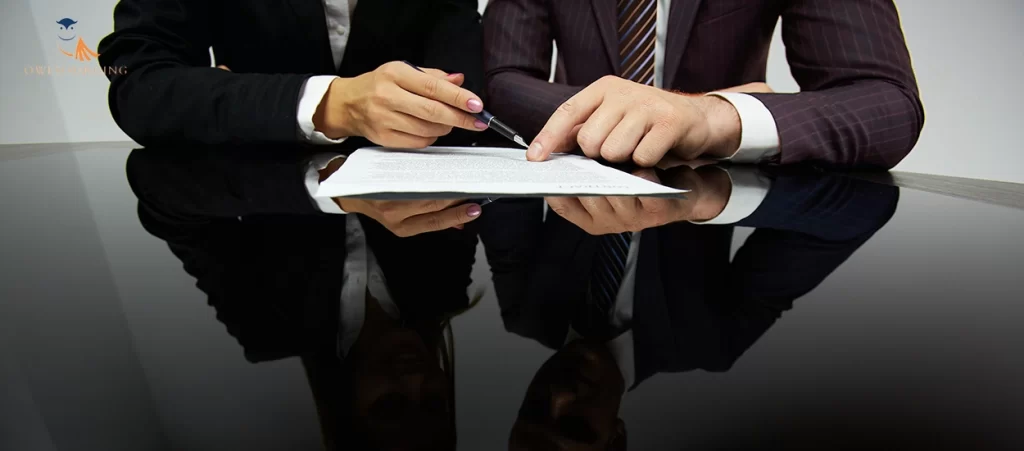
Which products do not require permits and licenses?
While many products require permits and licenses for import, there are several categories of goods that typically do not require specific permits or licenses for importation into most countries. These include:
- General Consumer Goods
- Non-Regulated Electronics
Be aware that products containing batteries are subject to transportation restrictions. In addition to obtaining prior approval, importers must adhere to packaging requirements and ensure that cartons are appropriately labeled. For further information, read this article: How to Import Battery from China?

- Furniture and Household Products
- Books and Printed Materials
Tip: How can I ensure if my product requires an import license?
Determine the Harmonized System (HS) code or Schedule B number for your product. This code classifies your product and is used internationally to identify goods for customs purposes.
Investigate the import regulations of the country to which you are importing. Regulations can vary significantly from country to country, and even within different regions of the same country.
In complex cases, or if your product falls under a regulated category (like pharmaceuticals, food, or chemicals), consulting with a trade lawyer or legal expert can provide clarity.
Import regulations can change, so it’s important to stay updated, especially if you are involved in ongoing import activities.
What Are the Steps in the Application Process for Permits and Licenses?

Step 1: Determine Specific Requirements
Identify the specific permits or licenses required for your product. This often involves determining the Harmonized System (HS) code of the product and understanding the import regulations of the destination country.
Step 2: Gather Necessary Documentation
Collect all required documentation. This may include business registration documents, product specifications, safety certificates, supplier information, and any other relevant documentation.
Depending on the product, you may need to apply for permits or licenses from different government agencies. For example, importing food products into the U.S. may require contacting the Food and Drug Administration (FDA).

Step 3: Submit Application
Fill out the required application forms. Ensure all information is accurate and complete to avoid delays.
Most permit and license applications require a fee. Make sure to pay the correct amount and include proof of payment with your application if required.
Apply along with all necessary documentation to the appropriate authority. This can often be done online, but some cases may require physical submission.
Step 4: Respond to Queries
If the authorities have any queries or need additional information, respond promptly to avoid delays in the processing of your application.
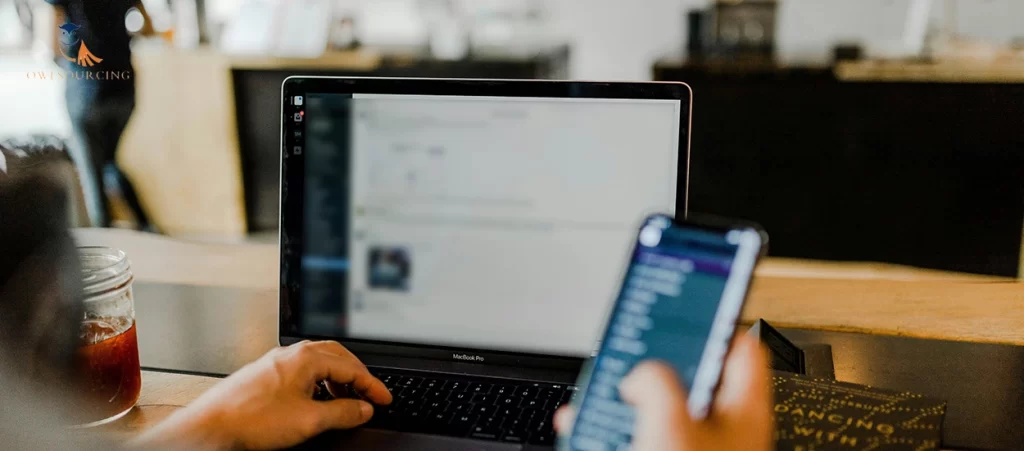
Step 5: Receive Permit or License
Once your application is approved, you will receive the permit or license.
Step 6: Renewal
Be aware that some permits and licenses have expiration dates and will require renewal. Keep track of these dates to maintain continuous compliance.
Additional information: What is CBP?
CBP stands for U.S. Customs and Border Protection. It is a federal law enforcement agency under the Department of Homeland Security (DHS) in the United States. CBP is responsible for regulating and facilitating international trade, collecting import duties, and enforcing U.S. regulations, including trade, customs, and immigration.
Read More,
- How to Verify if the Vendor is a China Factory or Trading Company? 9 Useful Tips
- How to Verify Chinese Supplier’s Legitimacy: 8 Ways to Solve
- Made in China 2020: The Trends of China Manufacturing
- How Chinese Amazon Best Sellers Shipping from China to the US Guide: Shipping Cost Breakdown
- How to Import Toys from China: A Comprehensive Guide
Final Thoughts
Permits and Licenses When Importing from Asia are indispensable for certain products. Meanwhile, special attention needs to be paid to the packaging of battery-related products. Owlsourcing assists you in sourcing from Asia, offering a one-stop service from procurement to product packaging, and then to transportation. You don’t have to worry about import permits either, as we help you solve all of these issues.
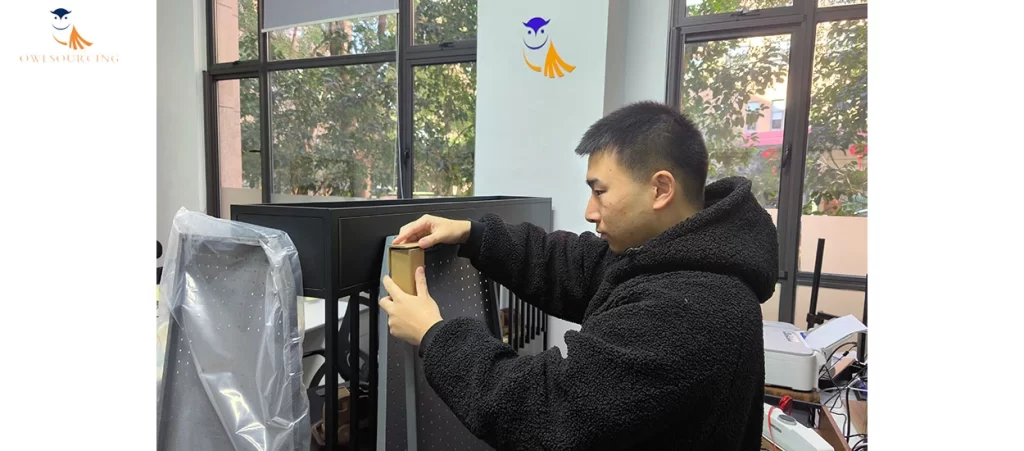
Owlsourcing Action ,
A member of the Owlsourcing team is enhancing the packaging dimensions of the product to ensure that it is not damaged during transportation.
Of course, if you wish to contact us or still have questions about permits and licenses when importing from Asia, feel free to comment or send us an email at [email protected].


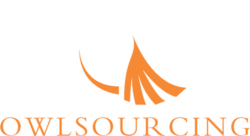
2 thoughts on “Permits and Licenses When Importing from Asia: Asia business”
Hello, Should the supplier apply for the pre-import approval, or is it our responsibility?
Hi Tyler, your question is very in-depth.
Normally, the responsibility for applying for pre-import approval depends on the contract and trade terms between the parties. It is recommended that you carefully review the relevant terms in the contract and communicate with the supplier to jointly determine the best operation plan. If you cannot confirm it in the terms, you can also contact us for help.
Hope these suggestions are helpful to you.